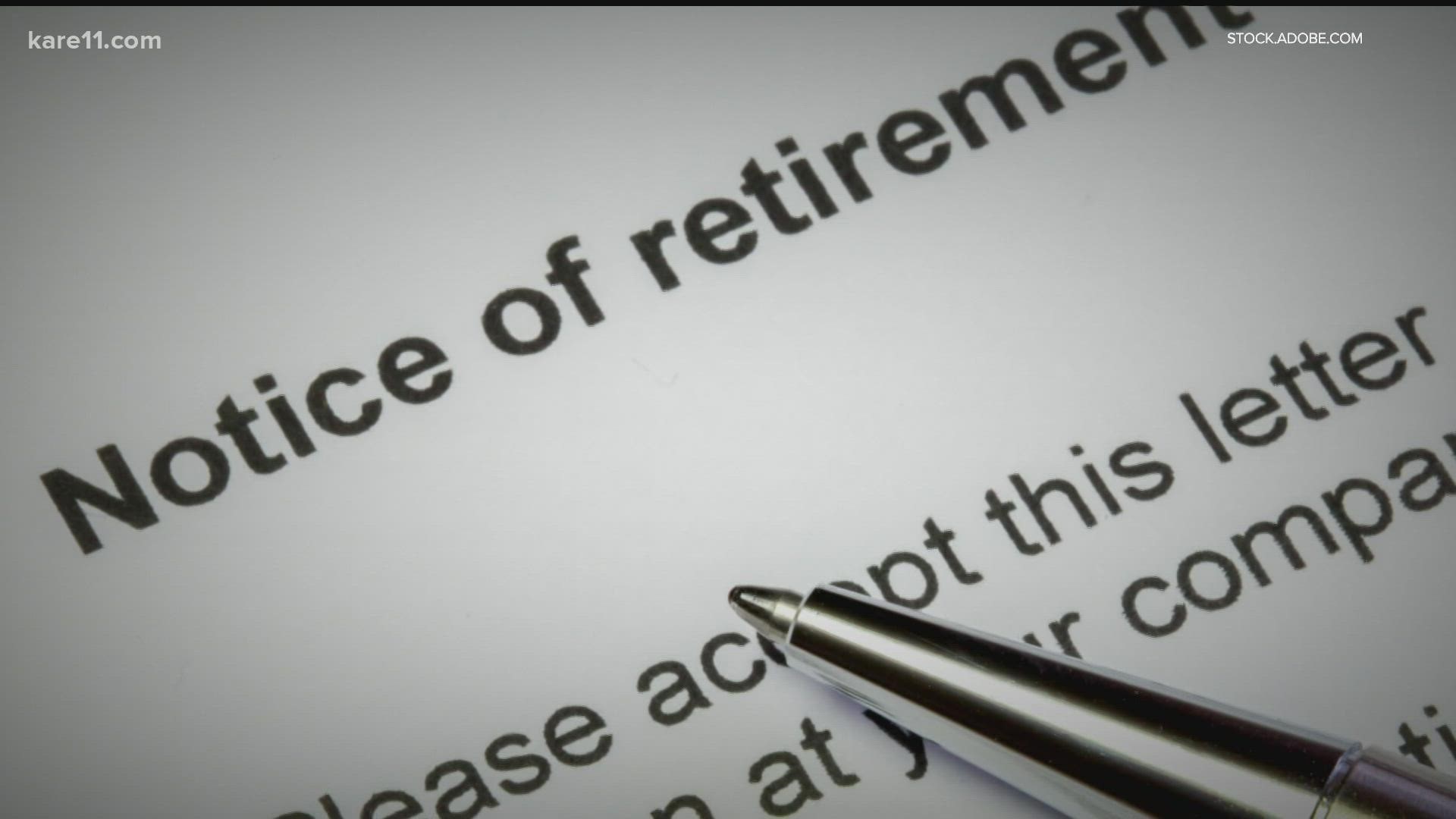Baby boomers aren't necessarily a part of the great resignation — they are a part of the great retirement.
Last fall, Goldman Sachs estimated that more than half of the people who left the workforce during the COVID-era were over 55 years old — and it wasn't with a pink slip saying, "I quit" — it was rather saying, "I'm retiring...early."
Chris Farell, an expert in labor and economics, explains.
"People who were older were more vulnerable to the virus, so you have the combo of the downturn, the layoff, the furloughs, plus, growing concern on whether or not I'm exposed to the virus," Farell said. "And you saw retirements almost double from what they had been in the previous decade."
One issue with that is that before COVID, our retirees often did something a year into the retirement from full-time work: picked up often public facing, part-time jobs.
It's called "unretirement."
"What has happened in the last two years is people aren't unretiring. Think about it; because of the virus, being more vulnerable," Farell said.
This has added tremendously to the shortage in workers in retail, bus driving routes, nursing — the list goes on.
"Which leads to one of the big questions that's hanging over this economy: Will people unretire? More people as they become more comfortable with the virus that we reached enough immunity, vaccinations — that's the big question over the job market.
It's Farrell's view that unretiring is something he thinks should come back.
"The economy needs older workers," he said.
To not just fill vacant jobs, but to bring that generational diversity, and also a lived experience.
For too long, Farell says, ageism has been in practice. People often want to hire the younger applicant instead of the elder, but now, he has hope that a more diverse age applicant pool gets a real chance.
"Hopefully they are abandoning for very practical reasons. Maybe not enlightenment, but practical reasons they abandon ageism because they need knowledge; they need experience, they need skill," he said. "And that's what a lot of older workers bring to the table."
Time will tell if our elders come back to work part time, because to work isn't always about the value it brings to an employer, it's also about the value it brings to all of us.
Not only is hiring older workers beneficial for the economy, but it's also beneficial for individuals because they are valued.
And if you were curious about who in the baby boomer generation is being hit the hardest? Women.
The Federal Reserve Bank of St. Louis found females in that age group outpace men on leaving the workforce.

